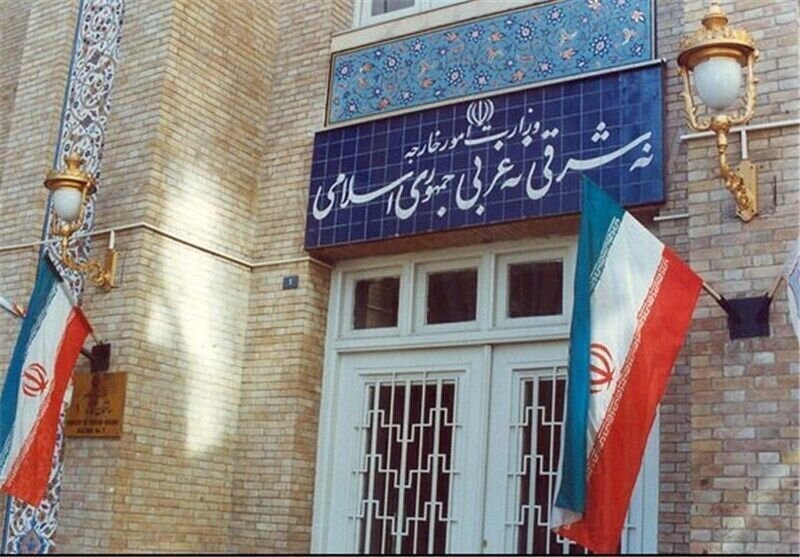Iran says ball in U.S. court at Vienna talks

TEHRAN – Iran’s Foreign Ministry has issued a statement underlining that the United States needs to step up to the plate and change course in terms of reviving a 2015 nuclear deal between Iran and major world powers.
“Regretfully, 43 years after the Islamic Revolution, some Western states, the United States in particular, still refuse to accept the fact that the rights and interests of Iranian nation should be respected,” the statement said, adding, “By insisting on the failed policies of the past four decades, they should not expect different results. The path of pressure and coercion has proven to be a miserable failure. Now in Vienna, they face a test. They can choose a different path with different results. By recognizing the realities of Iran and effectively abandoning the Maximum Failure approach, the U.S. can open up new possibilities. The ball is in their court.”
The statement was issued on the occasion of the 43rd anniversary of the victory of the Islamic Revolution of Iran. The 43rd anniversary of the revolution rolls around on February 11. But Iran commemorates the period from February 1 to February 11 every year to mark the consequential ten days from the arrival of Imam Khomeini to the country to the total overthrow of the Shah regime ten days later in 1979. This period is known as the Ten-Day Dawn.
The statement noted, “43 years ago, a decades-long national struggle for self-determination; for a modern (but nationally decided) system of governance; and for an independent foreign policy, came into fruition in the form of the Islamic Republic of Iran.”
The Foreign Ministry’s statement added, “In an era that was characterized by fierce rivalry between two superpowers, their respective ideologies, and their spheres of influence, the Islamic Revolution of the Iranian nation presented a new model- a third way, best encapsulated in the historic and ever-lasting mottos of the Revolution: Independence, freedom and Islamic Republic & Neither East, Nor West.”
It continued, “Inside the country, for the first time in our history, our people were able to attain a right to determine their destiny in a system that created a delicate and meaningful synthesis of our national identity and Islamic values. Also, in the international arena, the Islamic Revolution was a voice of reason, independence, and rejection of foreign interference and dominance. And from the outset, the newly born Islamic Republic stood with the oppressed people, whether they were under occupation in Palestine or under an apartheid regime in South Africa.”
The statement further noted, “More than four decades on, those values continue to guide us. As a result of that and thanks to the resilience of our nation, today the Islamic Republic as a mature system is in its most powerful state ever, and has become an indispensable and responsible actor, a force of good, and an anchor of stability in the region and beyond.”
It said, “To reach here, Iranian nation has paved a long way, full of obstacles and barriers, mostly manufactured and set up by those foreign powers who have been refusing to come along with and grasp the new realities of the NEW Iran. From imposing a deadly war, to launching unending campaigns of economic terrorism, sabotage, and psychological warfare, those powers who were opposed to our revolution, our independence, and our self-reliance, did all they could to stop our popular movement. But the will and resilience of the great and proud nation of Iran was and is, stronger than their schemes. Despite all hardships and ups and downs, grassroots support remains the main source of the power of the Islamic Republic of Iran.”
